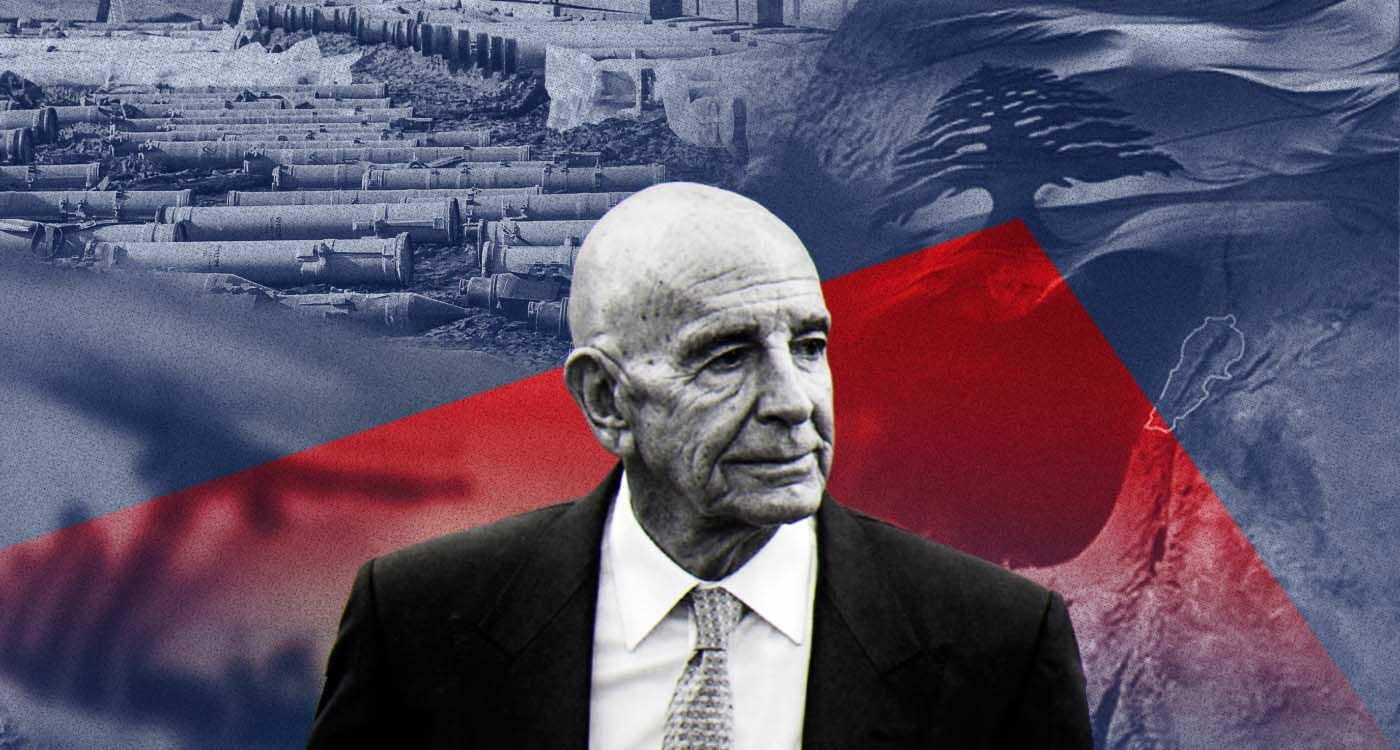
Tom Barrack left exactly as he came, with the same uncertainties and delays. The American envoy must have been tearing his hair out (figuratively speaking) at the careless attitude he observed.
The hot potato of disarmament has officially been passed on. “It’s an internal matter. The United States does not negotiate with an organization they classify as terrorist.” In other words, handle your own problems. And Israel? “No guarantees possible,” he added.
The outcome is clear: Israel has free rein, Hezbollah keeps its weapons and, as always, Lebanon foots the bill.
Tom Barrack, very close to the US president, sincerely wants Lebanon to break free from the trap it’s been caught in. But the country remains stuck in a destructive cycle with two sides: on one hand, a militia imposing its own rules, claiming to represent a “resistance” while dragging the country into war, or at least diplomatic isolation, that it never chose; on the other, a state paralyzed by the threat of “civil war.” Those very words were spoken by Tom Barrack during his previous visit.
Donald Trump’s envoy finds himself in a kind of “walk in someone else’s shoes” experience, long reserved for the French envoy Jean-Yves Le Drian, going around in circles with the same enthusiasm. Speaking of the French, it seems the Lebanese government is looking to them now. That explains Nawaf Salam’s visit to Paris this Thursday, aiming to persuade Emmanuel Macron to act as a mediator with the American intermediaries. Will the French president be heard by his American counterpart? That remains far from certain. Donald Trump is starting to grow tired of Lebanon’s delays and stalling.
For months, Lebanon has been caught in a tragic cycle of back and forth: response to the response to the response. With so many crossed documents, it’s impossible to tell who is replying to what. This is no longer a negotiation, it’s a broken mirror, with every shard reflecting a deeper problem: sovereignty, strategy, national unity. Lebanese leaders tried the “you first” tactic. If Israel commits to withdrawing from the disputed five hills, maybe Hezbollah could be convinced to start disarming. A complete flop. “No guarantees,” they say.
And in the meantime, the population lives under the constant hum of drones, which have, coincidentally or not, resumed their patrols in the skies with renewed intensity. Nothing seems to shake the Iran-backed militia, even though it knows full well that no peace, no reconstruction and no economic recovery will be possible as long as it holds the country hostage.
Hezbollah continues to brandish its so-called divine mission while the country bleeds. But what kind of resistance leaves its own people without shelter or bread? What strategy imposes perpetual war as a way of life on the Lebanese? And what kind of state, if it can still be called one, allows its policies to be dictated by a group that has replaced it?
And above all, the uncomfortable question: Who does Hezbollah intend to use its weapons against? Not Israel, clearly, since it has shown it is no match. So who, then? Its political opponents? Christians? Sunnis? Druze? No one really knows.
Lebanon has no more excuses. It can no longer count on others to solve its problems while it sinks deeper into ambiguity. The American visit was not a sign of hope, it was a confirmation of failure.
The opportunity was there. Now it is slipping away fast. And this time, there may not be another.
The leaders just watch the trains go by. Trains are nice to watch, especially since Lebanon doesn’t actually have any, having wisely decided to build apartment buildings on the tracks.
The great humorist Raymond Devos once said, “My thing is to wait for the train to pass… So I wait. And when a train passes, I tell myself maybe it’s not mine. So I wait for the next one. The result: I’m still standing on the platform!”
It’s time to grab the reins and drive the locomotive of courage.




Comments